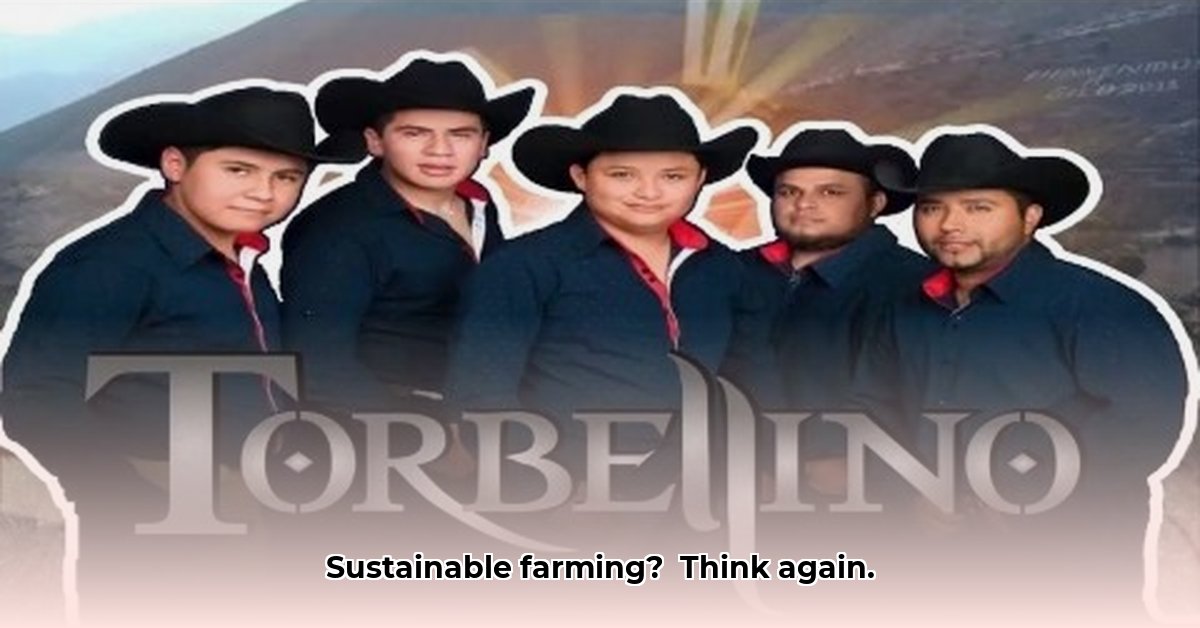
The Tractor Driver's Tale: A Modern Mexican Ballad
"He traded his plow for a tractor, a symbol of progress, or so it seemed," the song begins, setting the stage for a narrative far richer than a simple tale of success. "El Tractorista," or "The Tractor Driver," isn't just a catchy tune; it's a poignant reflection of the struggles and choices confronting rural Mexican farmers. The song follows a farmer who, weary of grueling labor and meager returns, embarks on a transformative journey, achieving unexpected prosperity. However, the lyrics deliberately obfuscate the specifics of his newfound wealth, leaving a lingering question: did he achieve this through honest means, or did he find success via less savory routes? This ambiguity is the song's power, serving as a potent commentary on broader socioeconomic issues. For more on modern farming equipment, check out this resource.
Socioeconomic Realities in Rural Mexico: A Landscape of Struggle
The song's narrative starkly mirrors the harsh realities many rural Mexican agricultural workers endure. Generations have toiled under the unforgiving sun, their hands calloused from years of backbreaking work, only to face persistent economic hardship. Poverty and limited opportunities are widespread, forcing many to seek alternative income streams, often within the informal economy. The lyrics vividly depict this struggle, where the dream of a better future constantly seems just beyond reach. Access to land, essential resources, and credit are often severely limited, leaving families with agonizing choices. The allure of potentially illicit activities, while risky, becomes a tempting option when survival is on the line. The song implicitly asks: is it surprising that some might choose a quicker, albeit ethically questionable, path to financial security?
Unpacking the Ambiguity: Success at What Cost?
The brilliance—and the challenge—of "El Tractorista" lies in its intentional vagueness. The protagonist's "new venture," the source of his newfound prosperity, remains shrouded in mystery. This deliberate ambiguity fosters multiple interpretations. Some might argue he started a legitimate business, perhaps leveraging his agricultural expertise in a novel way. Others suspect his wealth originates from less reputable, potentially illegal, activities. The lyrics celebrate material success but carefully avoid endorsing any specific path. This raises a crucial ethical question: can we genuinely celebrate his financial achievement without critically examining the potential moral compromises involved, especially if his wealth was gained through questionable means? Such success, possibly achieved through illegal activities, could bear significant social and environmental costs.
Sustainable Agriculture: A Neglected Solution
While not explicitly about sustainable agriculture, "El Tractorista" subtly reveals a critical flaw in the current system. The lack of viable economic alternatives for rural workers pushes them away from farming. The song portrays a desperate search for opportunity, illustrating the failure to provide sustainable, ethical, and economically viable options within the agricultural sector itself. The narrative depicts a departure from the land, a search for betterment, but this journey, sadly, often rests on unstable foundations, far from sustainable and responsible farming practices. This highlights the urgent need to address the lack of alternatives and its contribution to unsustainable practices.
Stakeholder Perspectives and Potential Solutions: A Collaborative Effort
Addressing the challenges highlighted by "El Tractorista" requires a multi-pronged approach, involving diverse stakeholders:
| Stakeholder | Short-Term Actions | Long-Term Strategies |
|---|---|---|
| Agricultural Workers | Access to micro-loans, financial literacy programs, and entrepreneurship training. | Investment in diversified income streams, community-based initiatives, and improved infrastructure. |
| Government Agencies | Stricter enforcement of laws against illegal activities; investment in rural development. | Creation of supportive policies for sustainable agriculture, providing fiscal incentives and tax breaks. |
| NGOs & Development Groups | Providing hands-on skill training, market access support, and fair trade partnerships. | Increased advocacy for policy changes that promote sustainable agriculture and equitable rural economic growth. |
| Researchers | Conducting in-depth studies to understand migration from farming. | Developing and implementing long-term sustainable agricultural solutions tailored to specific contexts. |
A Call to Action: Building a Sustainable Future
"El Tractorista's" narrative serves as a powerful wake-up call. It implicitly highlights the urgent need for a more just and sustainable agricultural system. We must shift our focus from a culture that blindly celebrates material wealth obtained through questionable methods. Instead, we must build a future where rural communities can thrive through sustainable and equitable practices. This demands a collaborative effort:
- Investing heavily in rural infrastructure: This includes technology and communication networks.
- Expanding access to quality education and job training: Equipping workers with relevant skills is crucial.
- Providing financial support and incentives: Encouraging the adoption of sustainable farming practices is essential.
- Strengthening law enforcement: Combating illegal activities and ensuring a level playing field is critical.
The story of "El Tractorista" is compelling, but its implied moral requires a crucial rewrite. We need a new chapter centered on ethical and sustainable practices – a chapter that ensures the well-being of rural communities and the health of our planet.